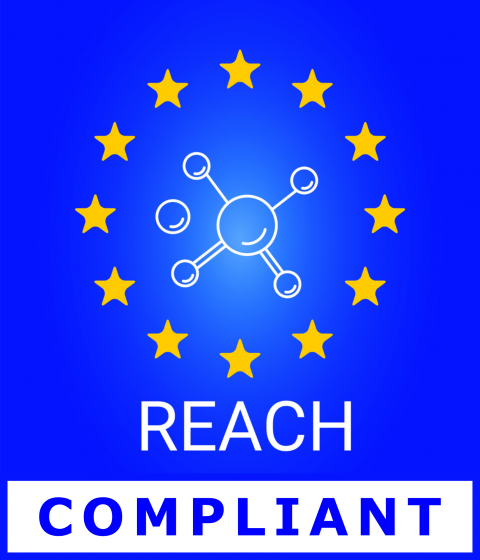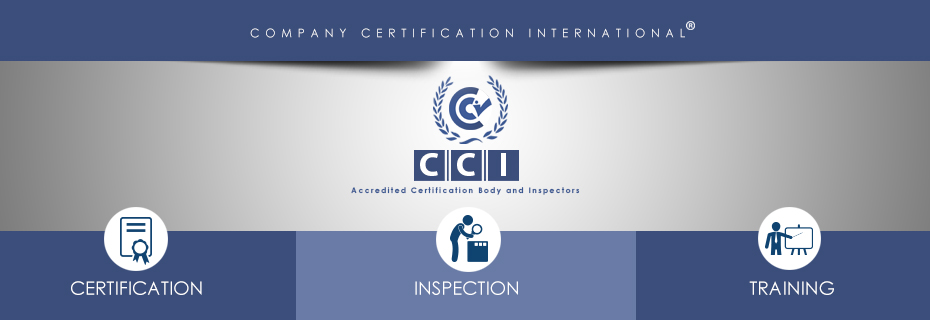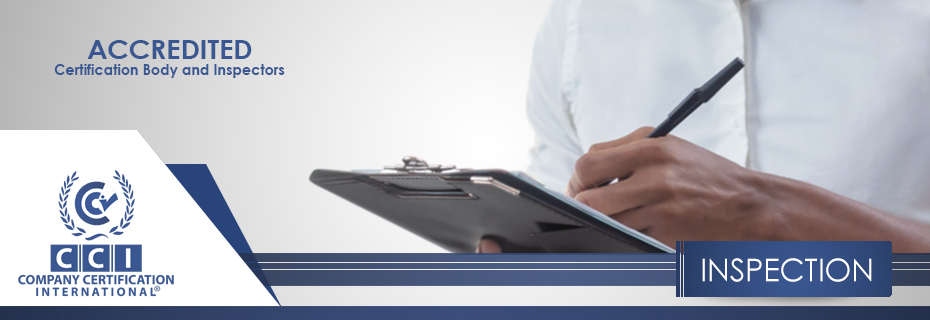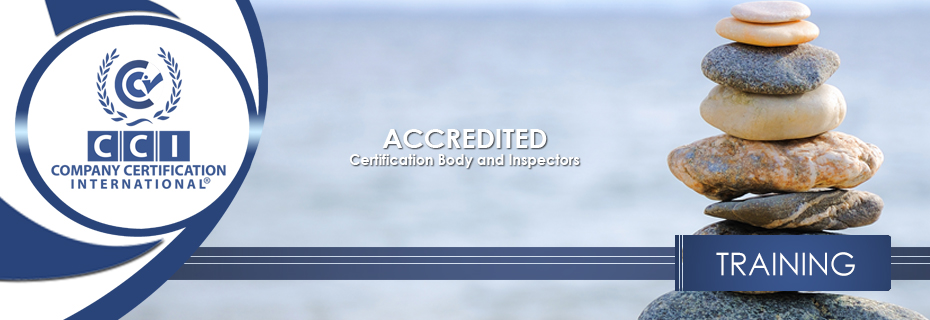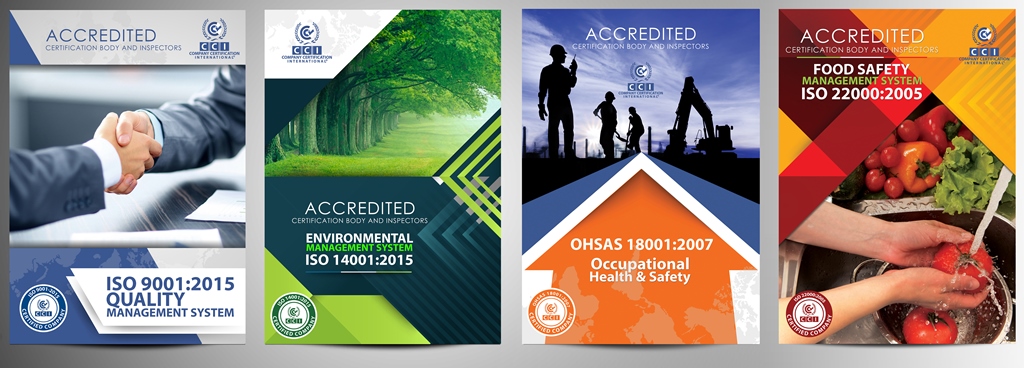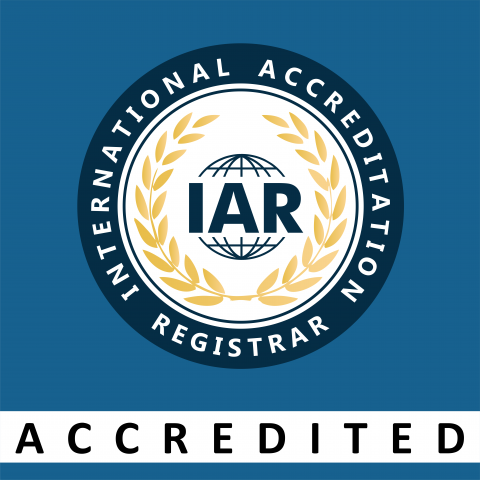REACH SVHC Certification
What is REACH?
REACH is an EU Regulation on chemicals and their safe use. It deals with the registration, evaluation, authorization, and restriction of chemicals.
REACH replaces numerous EU Directives related to chemicals and is complementary to other environmental and safety legislation but it will not replace sector specific legislation.
What are substances of very high concern (SVHC)?
These are substances that may have potentially very serious and often irreversible effects on humans and the environment.
What is the REACH SVHC candidate list?
This is a list of SVHC that have been identified and are to be considered for authorisation by REACH. If subsequently these substances are authorised then a company will have 42-48 months to replace the substance with an alternative. However, there are some exceptions; for example, if replacement would have very serious social economic impact. By and large the best option is to explore alternatives.
UPDATED SVHC LIST Link
Who Needs REACH Compliance?
Manufacturers and importers of chemicals (≥1 tonne/year)
Producers and exporters of finished articles (e.g. electronics, textiles, furniture)
Non-EU companies exporting to the EU
Downstream users of chemical substances in products
• Our REACH Assessment Services Include:
✔ Substance identification and inventory review
✔ Evaluation of obligations under REACH
✔ Technical file review for SVHC (Substances of Very High Concern)
✔ Supply chain verification and documentation audit
✔ Support with SDS (Safety Data Sheets) and labeling compliance
✔ Guidance for Article 33 and SCIP database submissions
• Why Choose Company Certification Int.?
✔ Global expertise with EU regulations
✔ Support for SMEs and exporters
✔ Remote assessment and documentation review
✔ Conformity Assessment Certificate for customer assurance
• Frequently Asked Questions
Q1: Is REACH a certification?
No, REACH is a regulation. However, we offer a Conformity Assessment Certificate showing alignment with REACH obligations based on independent evaluation.
Q2: Is REACH only for chemical companies?
No. It applies to any product containing chemical substances — including textiles, electronics, plastic goods, and more.
Q3: Do non-EU companies need REACH compliance?
Yes, if they export to the EU. They often appoint an “Only Representative” for compliance purposes.
The Certification Process
Online gap analysis allows us to see the current
- quality benchmark within your organization,
- the finances required
- the time required for this project (System and Certification Fee)
Your Estimate will be shared with you in 24 hours.
Upon Estimate Approval the project starts:
- A client executive is assigned to your project
- Contact information is shared with you
- The Payment details are provided to you
All Support is delivered Online.
The Client Executive will provide the Documentation Templates and explain to you how to amend it.
You will be required to perform the following tasks:
- Identify your core or business processes.
- Amend documentation that meets your business needs. (Policy statements, objectives, manuals, work instructions, job descriptions, forms.)
- Encourage employees to be aware of the new documented system
- Review, approve, and distribute the documents to those who need access to the information.
- Ensure procedures are being performed as documented.
- Ensure employees are trained properly for the tasks they are performing.
- Create effective reporting systems.
- Monitor the effectiveness of your processes through the use of measurable data, where possible.
- Review and take action to improve in the areas required.
- Plan internal auditing activities.
- Submit your management system documentation for review to ensure it complies with the applicable standard.
- Prepare for review by an external auditor to confirm that the system’s requirements are being satisfied and that the management system is implemented effectively.
- Obtain ISO Certifcaiton
- This periodic on-site review is usually conducted annually.
- It ensures that the certified business continues to comply with Standard requirements, as confirmed during the Recertification Audit at the certification cycle's outset.
- Most are conducted remotely.
Refer to learn more about Types of Audits

